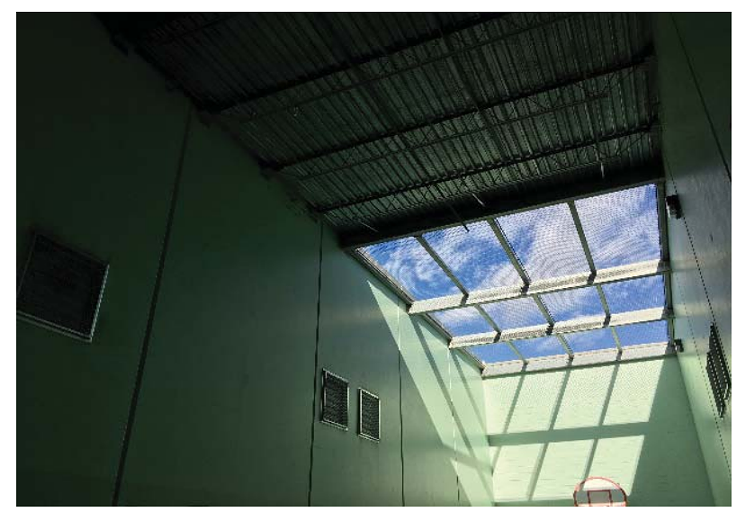"This report by the Department of Homeland Security Inspector General confirms what we have been hearing for quite some time: that detainees at ICE's Aurora facility are not being properly cared for," Congresswoman Diana DeGette said in a statement. Congressman Jason Crow, whose district includes Aurora, referred to the report as "deeply disturbing" in a written statement.
On June 3, the Office of Inspector General at the Department of Homeland Security published its analysis of four detention centers that house detainees in Immigration and Customs Enforcement custody, including the facility in Aurora (the other three are located in Louisiana, California and New Jersey).
The report found that the Aurora facility, which is run by private prison company GEO Group through a contract with ICE, violates ICE standards for outdoor recreation, in-person visitations and restraining detainees in solitary confinement. The authors of the report investigated the facilities "in response to concerns raised by immigrant rights groups and complaints to the Office of Inspector General (OIG) Hotline about conditions for detainees held in U.S. Immigration and Customs Enforcement (ICE) custody."

The Office of Inspector General criticized the Aurora facility for using handcuffs on detainees in solitary confinement anytime they were moved outside of their cells.
Department of Homeland Security, Office of Inspector General
According to ICE, security staff at the Aurora facility have since received "refresher training" about when to use handcuffs for detainees in solitary confinement, and a security officer will now ensure that staffers comply with the protocol by reviewing security footage daily.
The report notes that the Aurora facility does not provide a true outdoor recreation space for detainees, which "may reduce detainee mental health and welfare." Detainees have daily access to a recreation center inside the facility that has an open-air, albeit caged, roof.

Investigators took this photo of what ICE refers to as an outdoor recreation space.
Department of Homeland Security, Office of Inspector General
At the time of the inspection, the Aurora facility did not allow in-person visits for detainees, which the federal government recommends would help with morale. Noting that in-person visits are only recommended and not required (except for lawyers), ICE says that staff at the facility will now review requests for in-person visits on a case-by-case basis.
The report comes nearly a year after ICE finished its own investigation into a December 2017 death at the Aurora facility that found staffers largely mishandled the care of Kamyar Samimi, who died after being in custody for about two weeks. And as of June 4, 152 detainees at the Aurora facility were under quarantine because of cases of mumps and chicken pox.
"The report points to the fact that this is an extremely oppressive, punitive environment, where it may take a real toll on an individual detainee’s mental health," says Liz Jordan, an attorney who advocates on behalf of detainees through the Civil Rights Education and Enforcement Center.
The full report is below.












